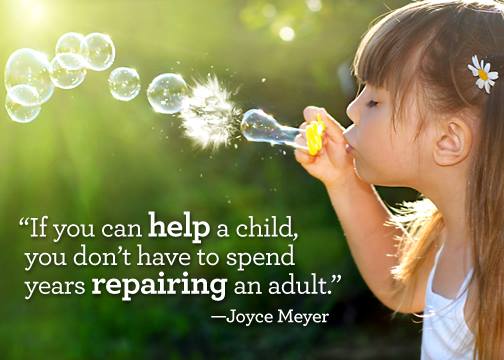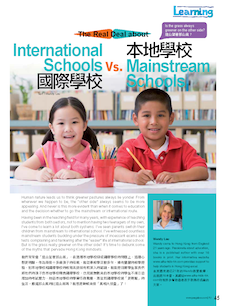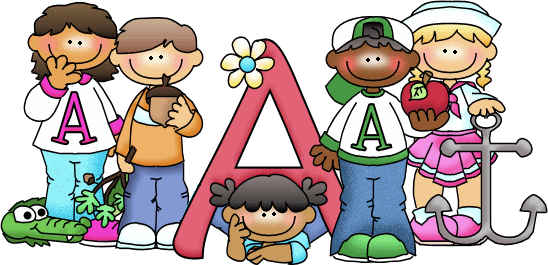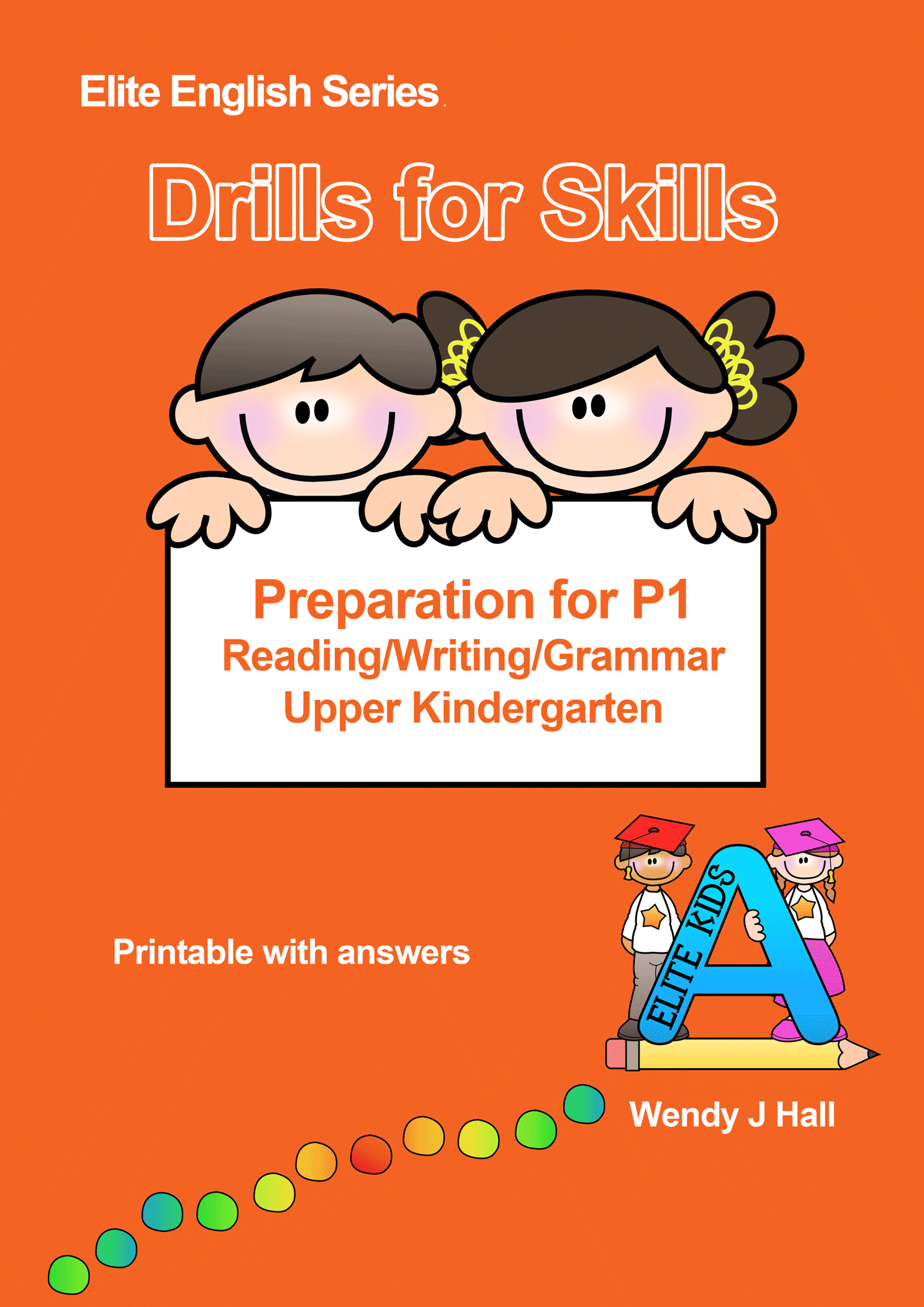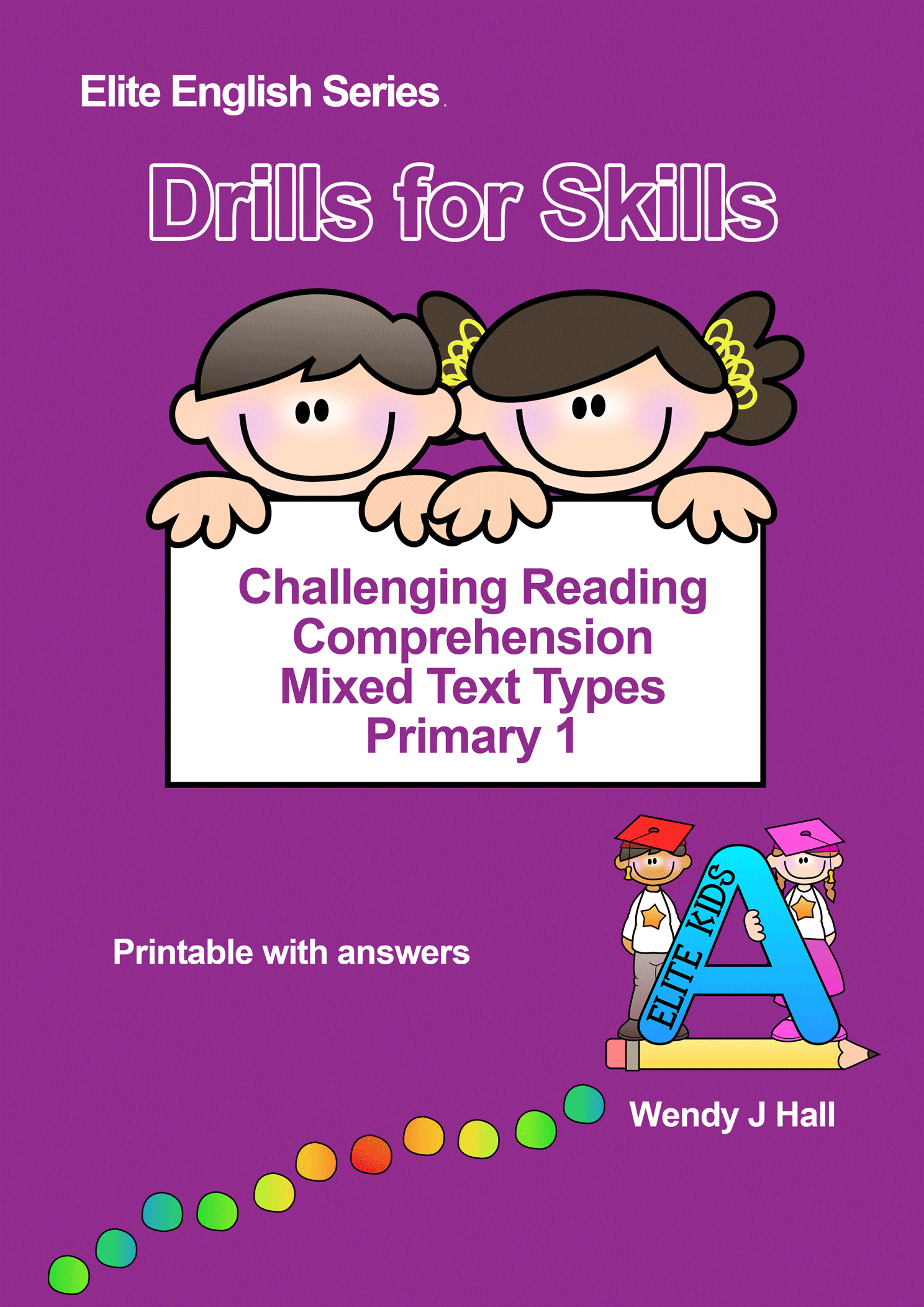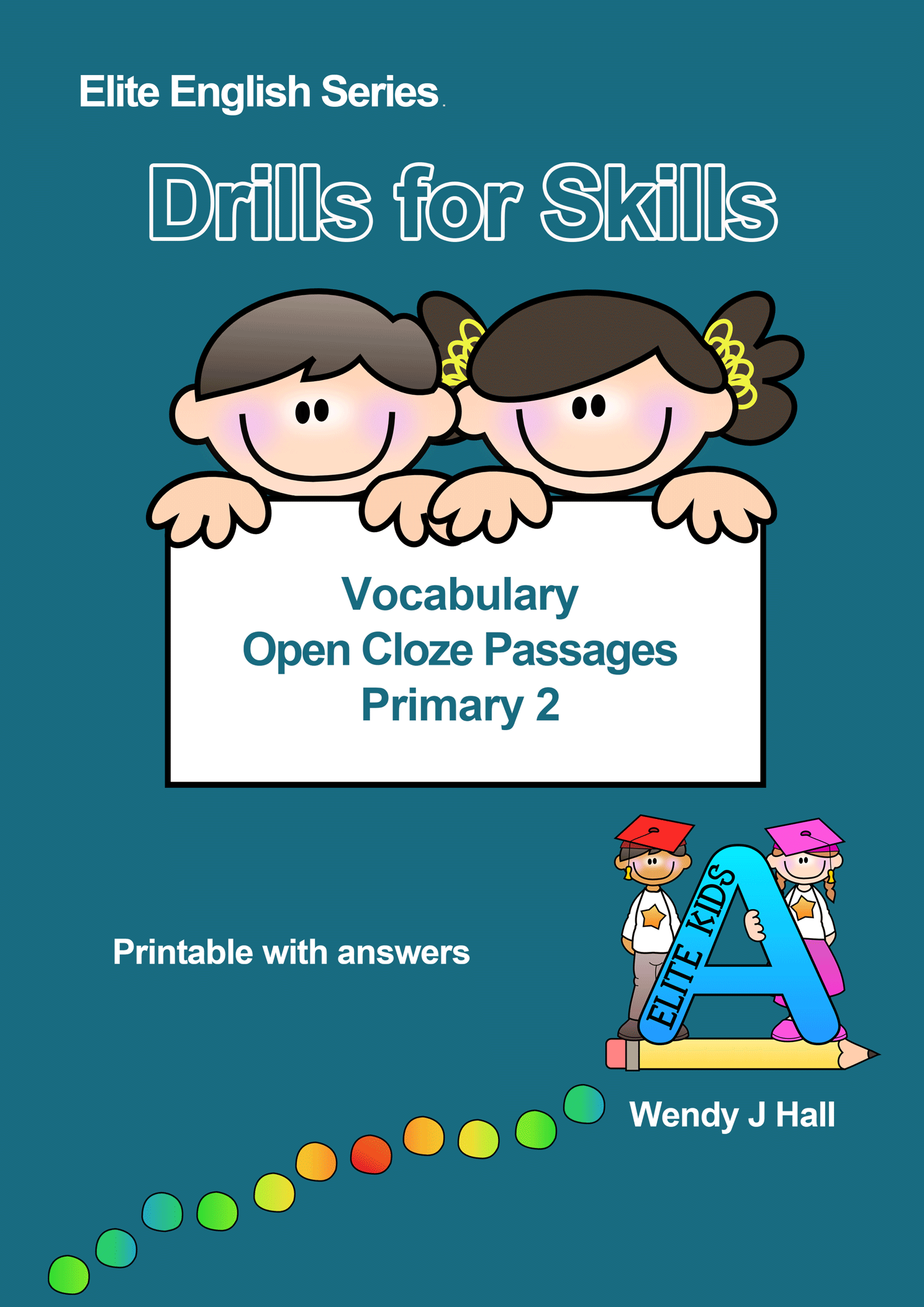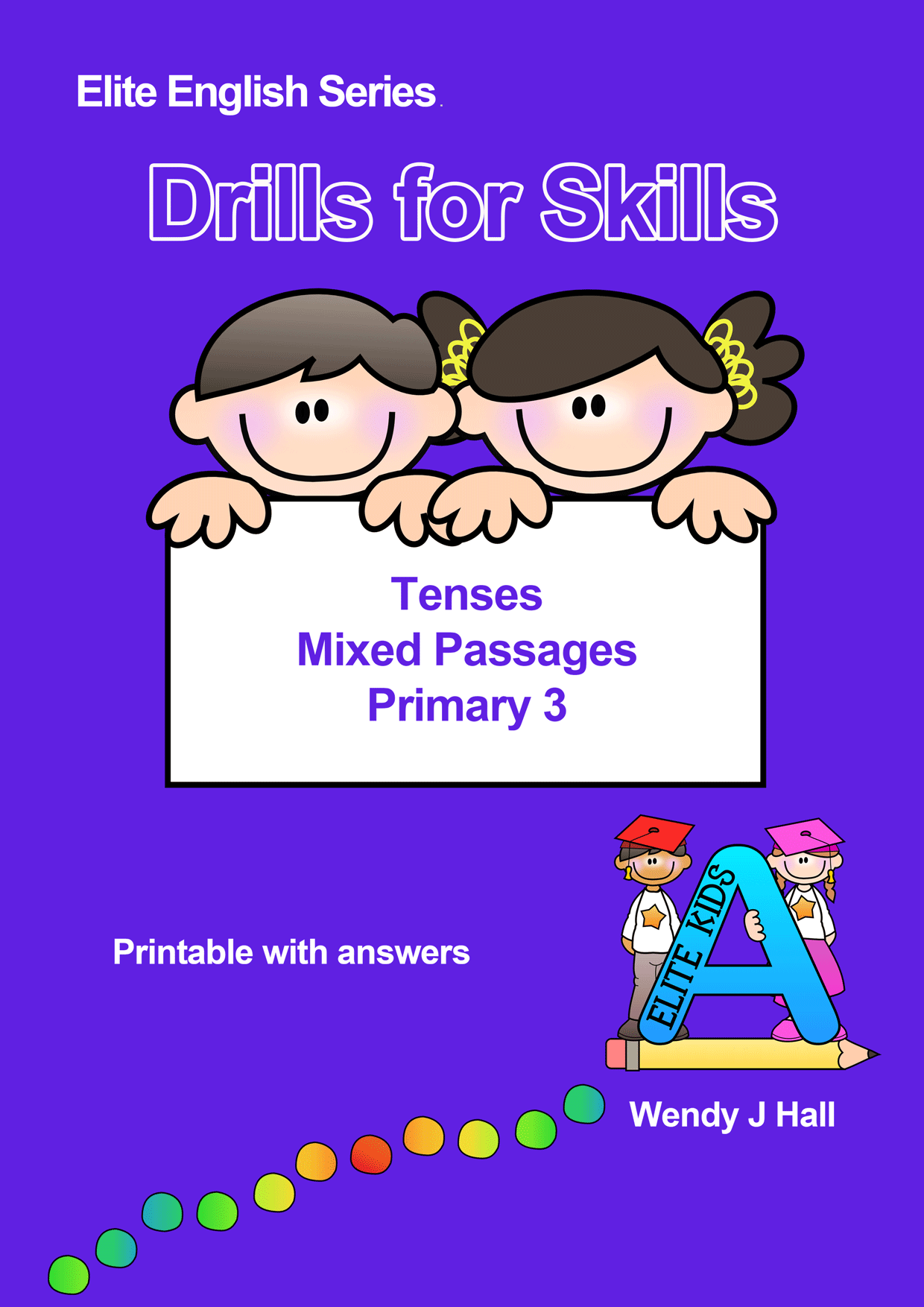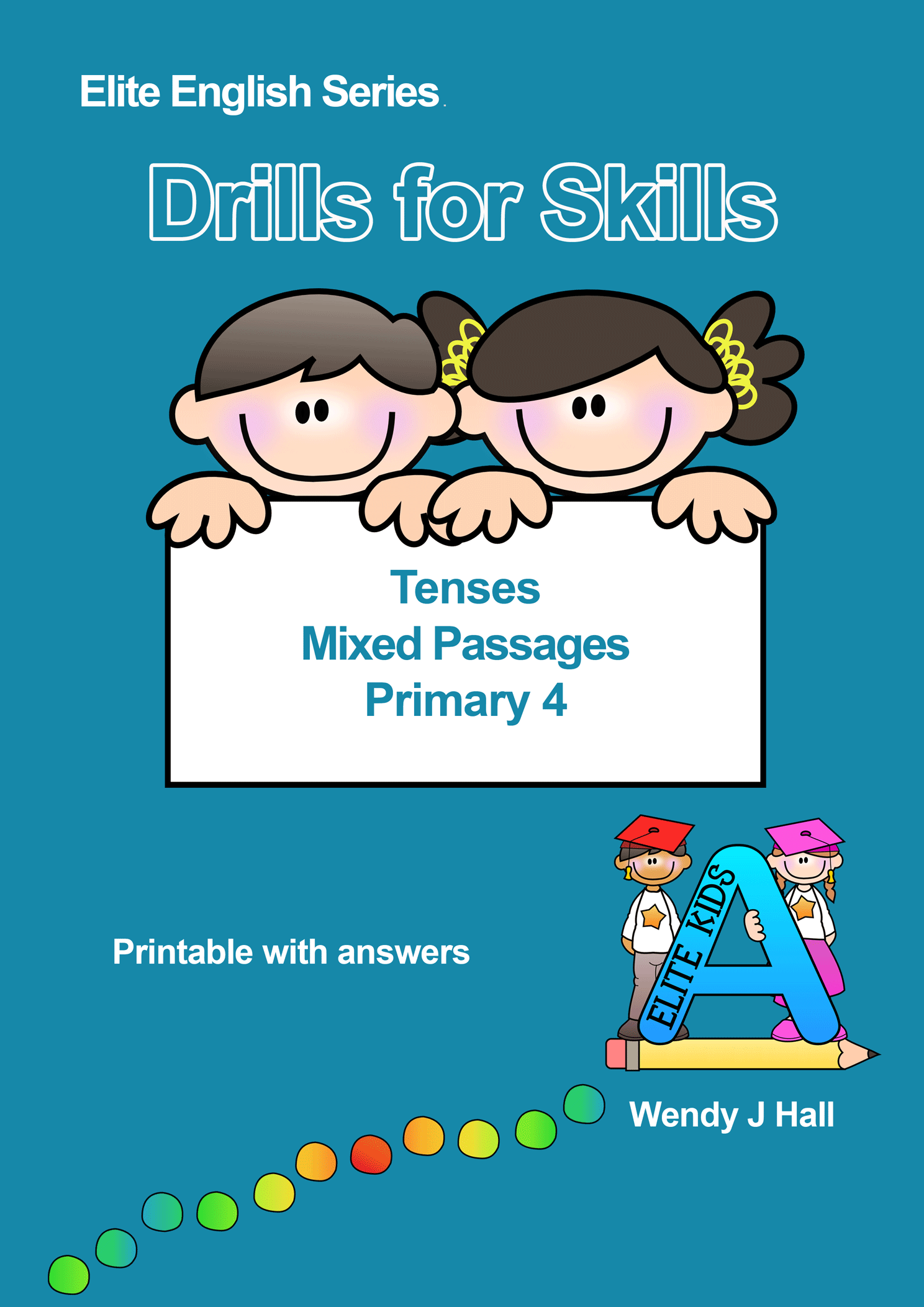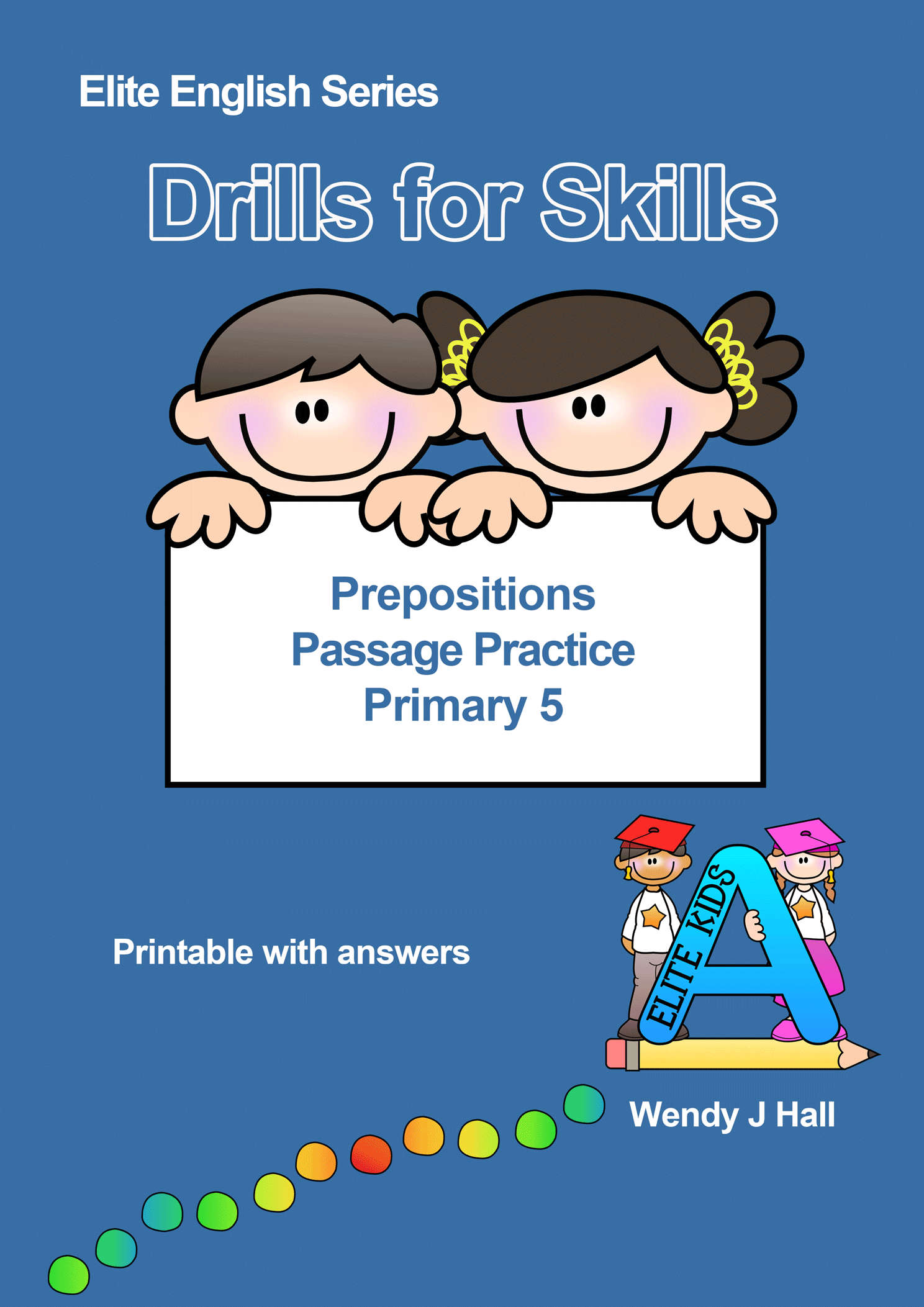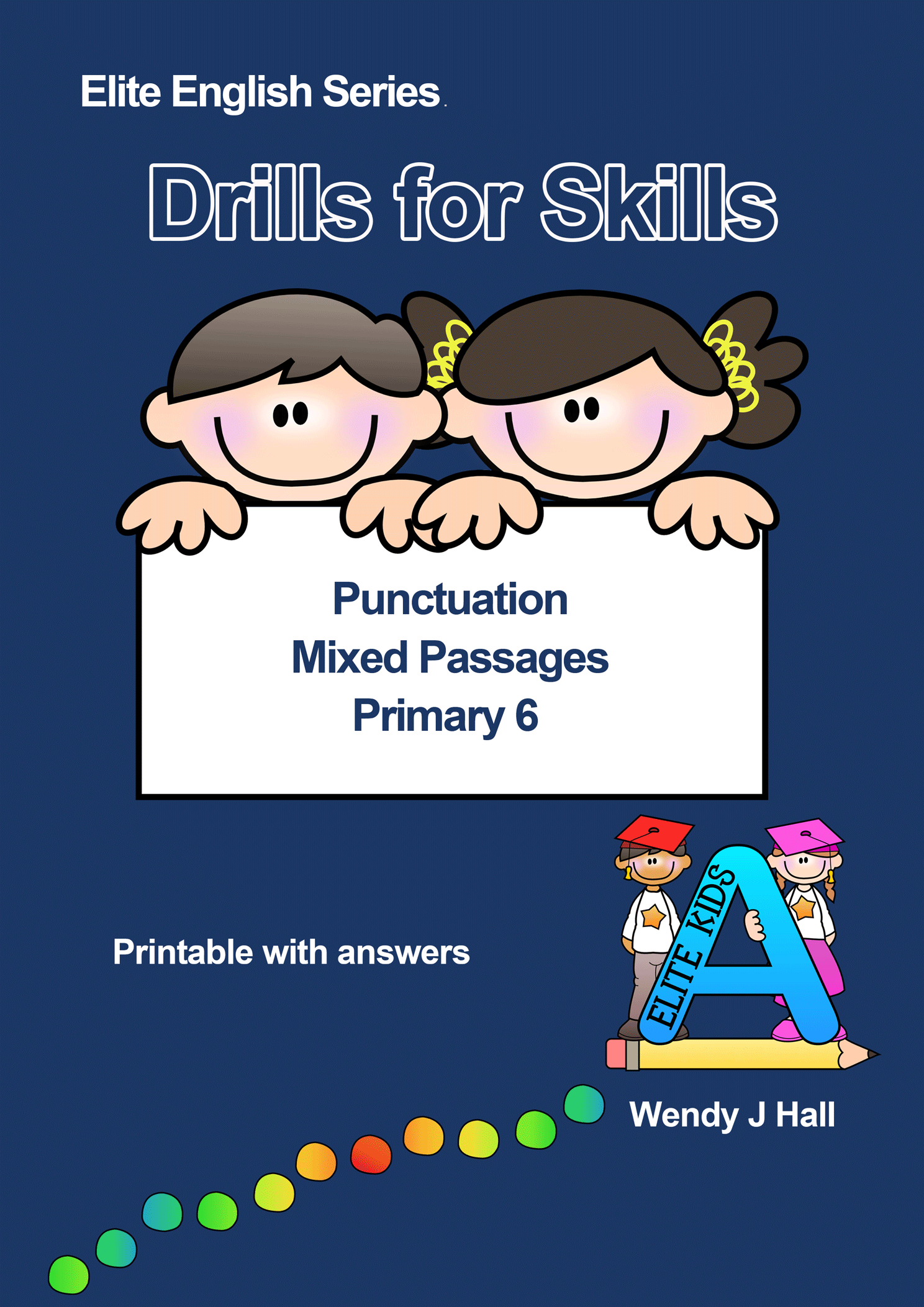Hong Kong Schools: International vs Local

Competition is very strong, especially P1 (HK K3) and Grade 7 (HK P6)
If you choose international school you will need to prepare your child now.
See here for interview tips.
General Information to help you make the choice
The choice of international vs local school for your child is very difficult. On this page we offer down-to-earth information about the differences in these two types of schooling and why it is important to make the decision very carefully.
Although the term 'local' is used commonly, we prefer the term 'mainstream'.
Before you go any further please read the article written by us and published in the Hong Kong Parent's Journal. Click the link on the right or at the bottom of the page.
Also, please note that this information is based on our experience and we are not biased towards the international system.
The following considerations will help you to make the decision.
Finance:
School fees for international schools tend to be significantly higher than mainstream schools.
International schools tend to have more camps and overseas trips which can add a major financial burden. (You may think your child can opt out of the trips but this can create issues with peer acceptance and self-esteem.)
Teaching and Learning

International schools tend to put more emphasis on inquiry-based learning. This means that your child will be learning through questioning and doing rather than being 'taught'. Although this type of learning is being practiced in some mainstream schools, the majority rely heavily on textbooks for all subjects.
A good example of the difference in learning approaches can be seen in how schools approach reading. In many mainstream schools, readers are 'taught' and children are drilled in vocabulary from the books through dictation tests and the memorization of answers.
By comparison, in international schools, children progress with reading at their own pace and are not tested on vocabulary. Instead, they are encouraged to write book reviews which engage thinking. Books are also used as a springboard for other activities such as writing.
The following outline some of the differences which may influence your choice regarding international vs local school.

Approaches to English
International schools place far less emphasis on grammar since many of the students are native speakers. Children who acquire English naturally use grammar correctly by instinct rather than by memorizing rules. During the early years, emphasis on writing is placed on nurturing creativity and the expression of ideas rather than grammatical accuracy.
As a result, many international school teachers do not believe in using red pen to correct all errors. They do not want to discourage children. A good example of this is phonetic spelling. Children are encouraged to use their knowledge of phonics to spell, rather than learning words by rote. These early attempts at spelling which may be incorrect but make sense phonetically are encouraged and gently corrected.
By comparison, most mainstream schools focus on grammatical rules and spelling accuracy, often through drilling. Grammar is sometimes taken out of context. For example, a worksheet may practice only one tense using unnatural English in order to teach a rule. Children learn the rules but may not be able to apply them in authentic situations such as speaking or writing in context.
Teachers tend to focus on grammar when marking and it is usual to see a lot of red pen on written work. Some children become so afraid of making mistakes that it affects their creativity. On the other hand, some children feel comfortable with rules.
It is important to remember that, unlike in mainstream school-based exams (for which grammar often makes up 80% of the marks), students are not tested directly on grammar in the HKDSE exam. They need to demonstrate an overall understanding and be able to apply it in practice.
Interview and test tips for international school
The requirements are different for Primary and Secondary:
Primary School International School Interviews and Entrance Exams
The areas covered (depending on the school) are:
Conversational English
General IQ
Reading comprehension and basic writing
Ability to interact with other children
Secondary School International School Interviews and Entrance Exams
These entrance tests can be quite challenging. Most require student to sit a reading and writing exam. The reading exam will test vocabulary. Once this exam is passed, students are usually invited for a conversational interview. You can prepare your child for these entrance exams.
"I am soooooo touched by the thoughtfulness and recognition that you bestowed upon Anthony. I have to say your love and dedication for students is unfathomable, and I can see God's grace in how you steer your students through their challenges, pursuits and most importantly, difficult times. "
-Edna (Parent of 3 students)
"Education is not about filling a bucket, but lighting a fire! "
- William Yeats
